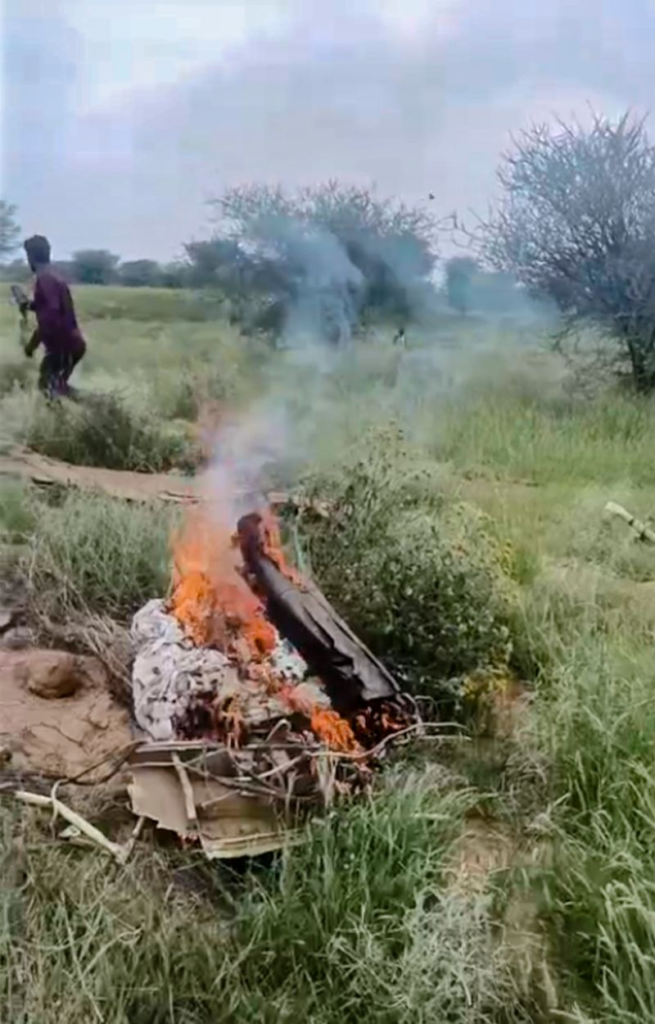Doval defends Op Sindoor, says precision strikes hit 9 terror sites
Ujwal Jalali Tribune News Service

National Security Adviser (NSA) Ajit Doval on Friday firmly rejected foreign media reports questioning the precision and impact of India’s cross-border Operation Sindoor, asserting that all nine intended terror targets inside Pakistan were hit with “pinpoint accuracy” and that “not even a glass pane” was damaged on Indian soil.
“Foreign press said Pakistan did this and that… Show me one photograph, one image showing any Indian damage — even a glass pane. Nothing happened,” Doval said while speaking at the 62nd Convocation of the IIT-Madras. He was referring to claims by international outlets, including The New York Times, which focused their reportage on alleged damage on the Indian side.
In a bold and calculated move, India had on May 7 launched Operation Sindoor, a series of precision airstrikes targeting nine terror camps across Pakistan and Pakistan-occupied Kashmir (PoK), in response to escalating cross-border terrorism and recent Pahalgam terror attack in which 26 civilians were killed.
Sharing operational details, Doval said the strike began at 1.05 am and concluded by 1.28 am, targeting nine identified terrorist locations deep inside Pakistani territory.
“It was not along the border; these were targets crisscrossing Pakistan. We missed none. We hit nowhere else except those points. We knew exactly who was where,” he said, adding that the entire operation was powered by indigenous systems like BrahMos missiles, radars and integrated air control and command technologies.
He said satellite images clearly showed that 13 airbases in Pakistan were destroyed in strikes carried out before and after May 10 — whether in Sargodha, Rahim Yar Khan, Chaklala, or Bholari, which houses Pakistan’s Airborne Warning and Control System (AWACS).
Emphasising India’s growing self-reliance in defence technology, Doval said, “It is the technology we have to develop — our indigenous technology. We are proud of systems like BrahMos and our battlefield surveillance capabilities.”
He used the platform to underscore the critical need for technological advancement. “If India fails to master critical technologies today, we may miss the opportunity for centuries to come,” he said, urging young engineers and scientists to become ‘technology warriors’.
Doval identified artificial intelligence, quantum computing, semiconductors and space sciences as key areas where India must lead globally to secure its future.
Recalling how India built an indigenous 5G ecosystem within two-and-a-half years after facing a national security challenge in 2020, Doval credited the IIT-Madras and the private sector.
“We couldn’t afford to lag behind. The IIT-Madras and Indian private firms stepped up to make India self-reliant in trusted communication systems,” he said, adding that now, every component is either sourced from trusted entities or manufactured domestically.






















































































































